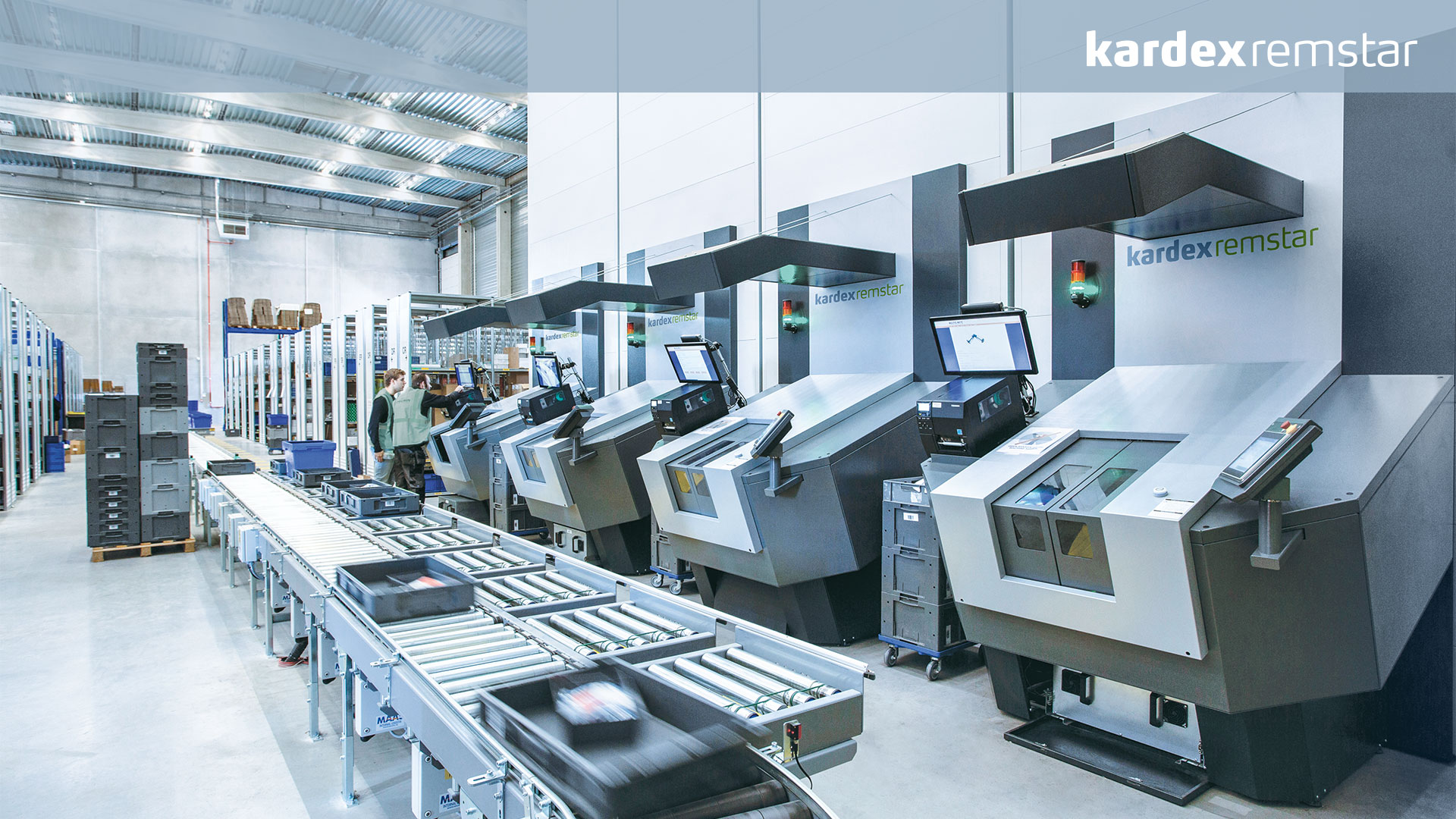GXO Logistics, Inc., a pure-play contract logistics provider, announced today that it has signed a multi-year agreement with Heineken, one of the world’s largest brewing companies, to continue to operate its warehouse, distribution and secondary transport network to retail and wholesale outlets across the U.K., as well as exclusively to its entire U.K. pub estate – Star Pubs & Bars. This network manages more than 500,000 deliveries per year to more than 8,000 customers from point of production to retail and wholesale delivery.
“We are pleased to continue our partnership with HEINEKEN and look forward to a bright future together,” said Richard Cawston, President, Europe, GXO. “Over the past two years, we’ve made significant progress transforming our operations and delivery network to make it simpler, stronger, more efficient and more sustainable. Together, we will continue to invest to enhance efficiency and service to support HEINEKEN’s expected growth. It’s a great partnership for us, our team members and the pub industry in the U.K.”
“We’ve worked closely with an experienced partner in GXO on developing a multi-year investment and transformation program to ensure the network is fit for future,” said Boudewijn Haarsma, Managing Director, HEINEKEN UK. “Our joint plan, which focuses on investing into modernizing the network, underpins our service to customers and our commitment to continuous improvement and sustainability.”
GXO operates one of the most extensive and complex warehousing and transport delivery networks for many of the U.K.’s leading food, beverage and grocery brands. GXO’s operations network for HEINEKEN, the leading beer, cider and pub company in the U.K., includes four regional distribution centres, 18 local delivery platforms and transit depots, over 400 vehicles and employs more than 1,500 team members. An industry leader in ESG solutions, GXO has shortened transit times and lowered CO2 emissions for this network through enhanced delivery schedules and investments in cutting edge technology.
Headquartered in Edinburgh, HEINEKEN is the UK’s leading pub, cider and beer business. The company owns around 2,400 pubs as part of its Star Pubs & Bars business and employs around 2,100 people. It has produces beers from its breweries in Manchester, Tadcaster and London and ciders from its ciderie and mill in Herefordshire. Its unrivalled portfolio of brands includes Heineken® 0.0, Heineken®, Foster’s, Strongbow, Cruzcampo, John Smith’s, Inch’s Cider, Amstel, Birra Moretti and Old Mout, backed by a full range of niche and specialty brands. It also owns Beavertown and Brixton Brewery.



